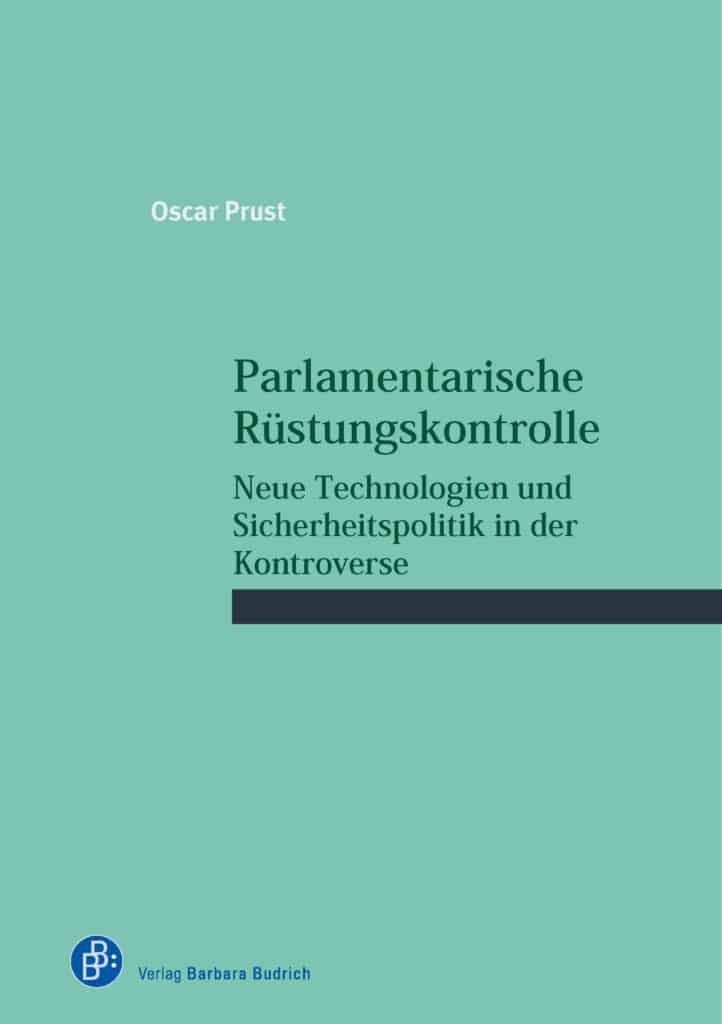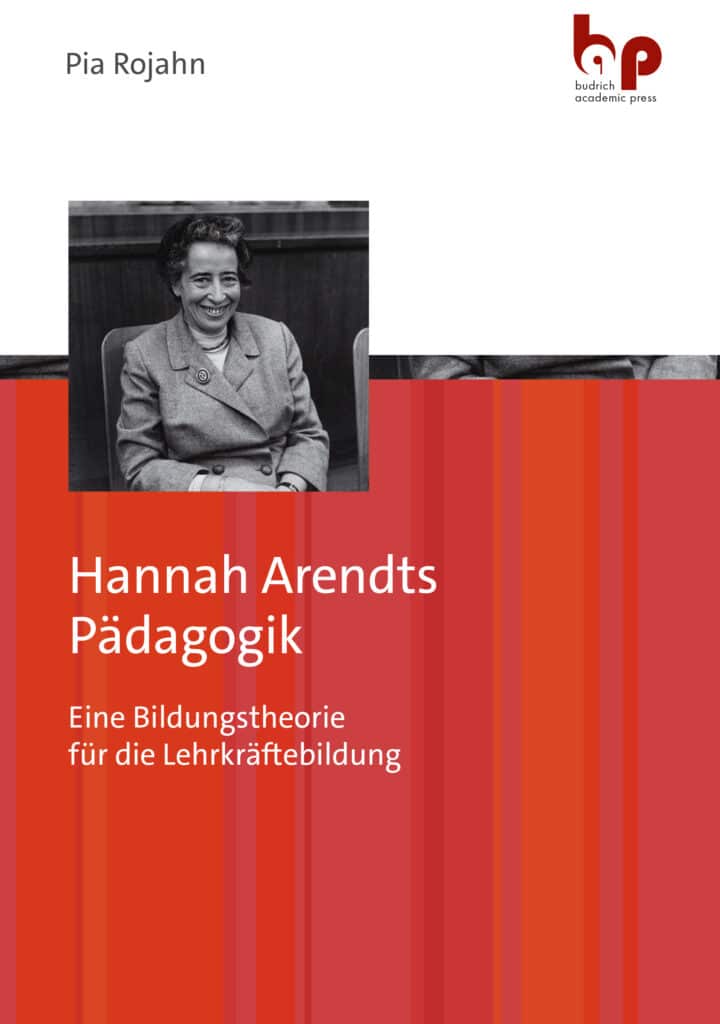Informationen zum Buch
Home » Publications » Europeanisation and Renationalisation
Europeanisation and Renationalisation
Learning from Crises for Innovation and Development
Erscheinungsdatum : 15.07.2019
31,99 € - 39,00 €
Beschreibung
The book explores how the European Union and its members have been renegotiating Europeanisation and renationalisation in response to the multiple crises they faced in recent years. The authors highlight varying understandings of ´crises´ in different national and supranational policy and institutional contexts. They show how in some cases these have challenged the legitimacy of European Union norms and institutions and even triggered disintegration, while in other cases these crises have served as sources of inspiration for European social innovation and political development.
Over recent years, European societies have been experiencing a series of crises that have threatened the effectiveness and legitimacy of the European Union. The results have been contradictory across different fields, some of them indicating renationalisation and disintegration, others pointing towards more europeanisation and integration:
Most prominently, the ‘refugee crisis’ has been met with conflicting domestic responses which have led the European Common Asylum System and Schengen into stalemate. The EU’s conflicts with Russia and Turkey have undermined the EU’s tool box of Eastern Partnership, neighbourhood policy and enlargement. The UK’s “Brexit” referendum of June 2016 is the most conspicuous case in point signaling renationalization rather than the strengthening of Europeanization in response to such crises. By contrast, the financial and sovereign debt crisis since 2008 has been conducive for the European Economic and Monetary Union to adopt new instruments for deepening and broadening the politics of Europeanization. Similar developments are visible in other policy fields such as energy and external climate protection.
The book draws these contradictory trends together to discuss the lessons that have – and that have not – been learnt by political, economic and civil society actors in their struggles about European social innovation and political development.
Table of Contents (pdf):
- Europeanisation versus Neo-Nationalism in Times of Crisis
- Reexamining the Crisis of European Integration
- European Innovation and Development
The Editors:
Prof. Dr. Ulrike Liebert is a professor at the University of Bremen, Germany.
Dr. rer. pol. Anne Jenichen is a lecturer in politics and international relations at Aston University, Birmingham, UK.
Download for free: publicity leaflet (pdf)
Target groups:
Students, lecturers, researchers in political science; European studies
Zusätzliche Informationen
| Publisher | |
|---|---|
| ISBN | 978-3-8474-2097-2 |
| eISBN | 978-3-8474-1086-7 |
| Format | A5 |
| Scope | 323 |
| Year of publication | 2019 |
| Date of publication | 15.07.2019 |
| Edition | 1. |
| Language | Englisch |
1 Bewertung für Europeanisation and Renationalisation
Autor*innen
Beschreibung
Beschreibung
The book explores how the European Union and its members have been renegotiating Europeanisation and renationalisation in response to the multiple crises they faced in recent years. The authors highlight varying understandings of ´crises´ in different national and supranational policy and institutional contexts. They show how in some cases these have challenged the legitimacy of European Union norms and institutions and even triggered disintegration, while in other cases these crises have served as sources of inspiration for European social innovation and political development.
Over recent years, European societies have been experiencing a series of crises that have threatened the effectiveness and legitimacy of the European Union. The results have been contradictory across different fields, some of them indicating renationalisation and disintegration, others pointing towards more europeanisation and integration:
Most prominently, the ‘refugee crisis’ has been met with conflicting domestic responses which have led the European Common Asylum System and Schengen into stalemate. The EU’s conflicts with Russia and Turkey have undermined the EU’s tool box of Eastern Partnership, neighbourhood policy and enlargement. The UK’s “Brexit” referendum of June 2016 is the most conspicuous case in point signaling renationalization rather than the strengthening of Europeanization in response to such crises. By contrast, the financial and sovereign debt crisis since 2008 has been conducive for the European Economic and Monetary Union to adopt new instruments for deepening and broadening the politics of Europeanization. Similar developments are visible in other policy fields such as energy and external climate protection.
The book draws these contradictory trends together to discuss the lessons that have – and that have not – been learnt by political, economic and civil society actors in their struggles about European social innovation and political development.
Table of Contents (pdf):
- Europeanisation versus Neo-Nationalism in Times of Crisis
- Reexamining the Crisis of European Integration
- European Innovation and Development
The Editors:
Prof. Dr. Ulrike Liebert is a professor at the University of Bremen, Germany.
Dr. rer. pol. Anne Jenichen is a lecturer in politics and international relations at Aston University, Birmingham, UK.
Download for free: publicity leaflet (pdf)
Target groups:
Students, lecturers, researchers in political science; European studies
Bibliography
Zusätzliche Informationen
| Publisher | |
|---|---|
| ISBN | 978-3-8474-2097-2 |
| eISBN | 978-3-8474-1086-7 |
| Format | A5 |
| Scope | 323 |
| Year of publication | 2019 |
| Date of publication | 15.07.2019 |
| Edition | 1. |
| Language | Englisch |
Produktsicherheit
Bewertungen (1)
1 Bewertung für Europeanisation and Renationalisation
-
Bewertet mit 4 von 5
SMeier –
Das Lehrbuch „Europeanisation and Renationalisation – Lerning from the Crisis for Innovation and Development” ist in einer neuen Auflage erschienen. Im Buch sind Beiträge verschiedener Autoren zu finden, die sich alle mit dem Integrationsprozess in der EU beschäftigen und ein besonderes Augenmerk drauflegen, wie einzelne Krisen und Herausforderungen diesen Prozess beeinflussen. Dabei ist anzumerken, dass einzelne Krisen nicht immer dazu führen, Integration auf dem europäischen Kontinent zu vertiefen, sondern manche auch eine gegenteilige Wirkung haben und sogar bis hin zu Des-Integration führen.
Thematisch werden zwar viele Bereiche europäischer Politik einbezogen, dennoch bewegen sich die Autoren hauptsächlich auf politischer / politik-theoretischer Ebene. Beispielsweise werden die Themen Asyl- und Energiepolitik oder Demokratiedefizit und Institutionsbildung betrachtet. Aus diesem Grund ist das vorliegende Buch insbesondere für Studenten der Politikwissenschaften/Internationalen Beziehungen interessant. Fragen mit wirtschaftspolitischem Bezug (Staatsschuldkrise, gemeinsamer Währungsraum) werden ebenfalls aus politiktheoretischer Sicht und lediglich im Kontext europäischer Institutionen / Governance betrachtet.









SMeier –
Das Lehrbuch „Europeanisation and Renationalisation – Lerning from the Crisis for Innovation and Development” ist in einer neuen Auflage erschienen. Im Buch sind Beiträge verschiedener Autoren zu finden, die sich alle mit dem Integrationsprozess in der EU beschäftigen und ein besonderes Augenmerk drauflegen, wie einzelne Krisen und Herausforderungen diesen Prozess beeinflussen. Dabei ist anzumerken, dass einzelne Krisen nicht immer dazu führen, Integration auf dem europäischen Kontinent zu vertiefen, sondern manche auch eine gegenteilige Wirkung haben und sogar bis hin zu Des-Integration führen.
Thematisch werden zwar viele Bereiche europäischer Politik einbezogen, dennoch bewegen sich die Autoren hauptsächlich auf politischer / politik-theoretischer Ebene. Beispielsweise werden die Themen Asyl- und Energiepolitik oder Demokratiedefizit und Institutionsbildung betrachtet. Aus diesem Grund ist das vorliegende Buch insbesondere für Studenten der Politikwissenschaften/Internationalen Beziehungen interessant. Fragen mit wirtschaftspolitischem Bezug (Staatsschuldkrise, gemeinsamer Währungsraum) werden ebenfalls aus politiktheoretischer Sicht und lediglich im Kontext europäischer Institutionen / Governance betrachtet.